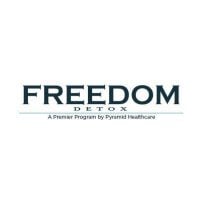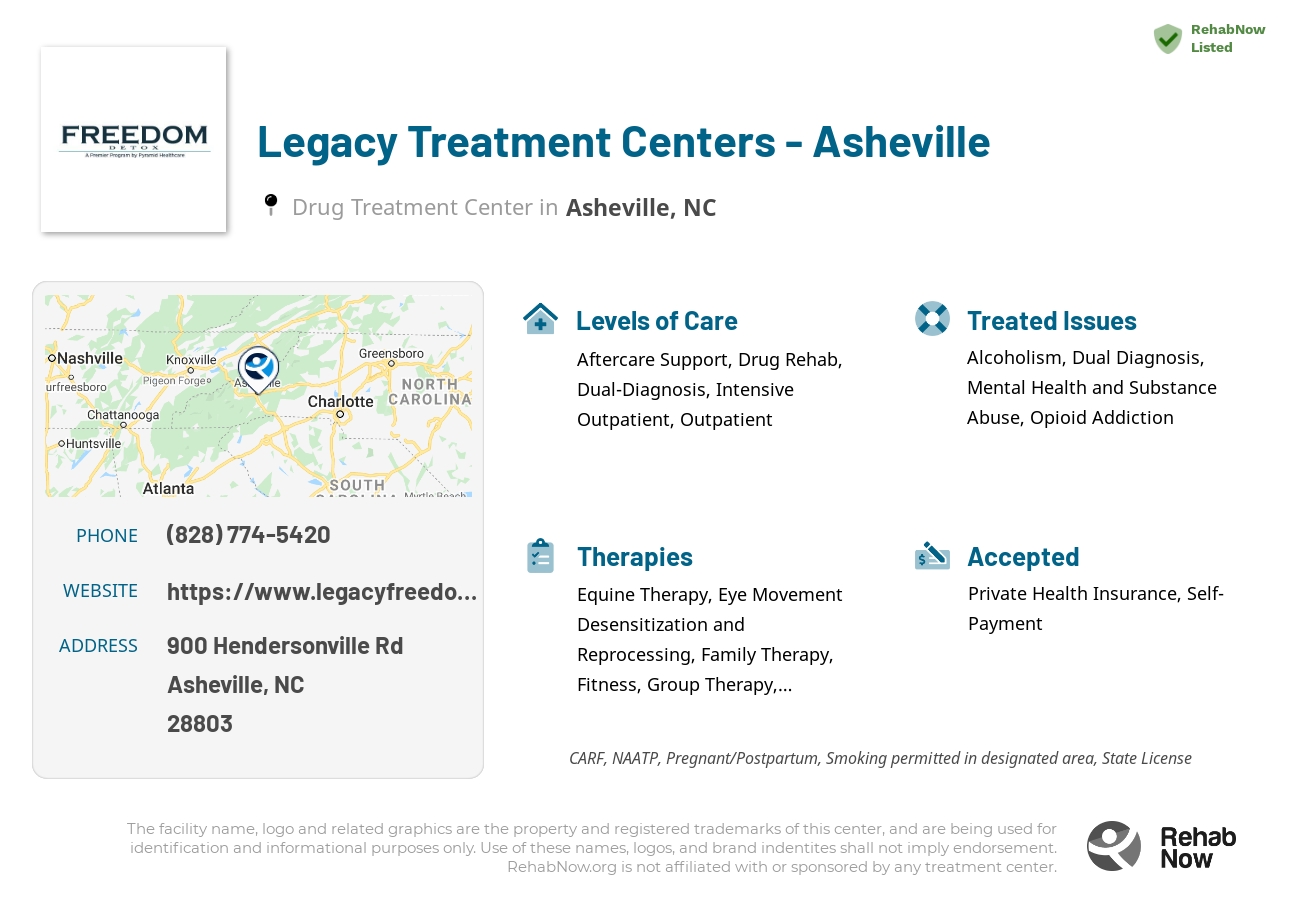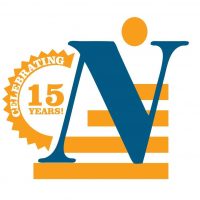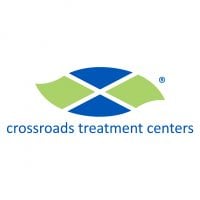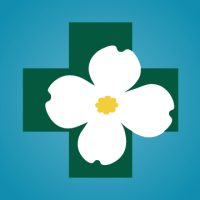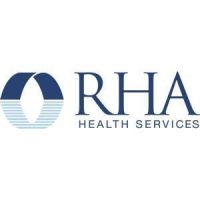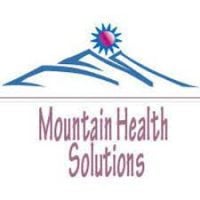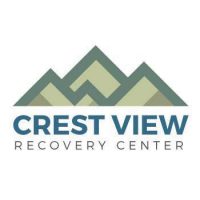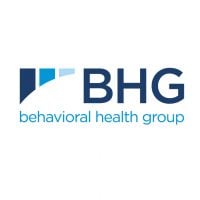Legacy Treatment Centers - Asheville
Drug Rehab Center in Asheville, North Carolina
Legacy Treatment Centers - Asheville is a reputable drug addiction and alcoholism treatment facility in Asheville, North Carolina, offering a wide range of high-quality and accessible treatment options, including dual-diagnosis, inpatient, intensive outpatient, residential, and outpatient levels of care, with a holistic approach and personalized treatment plans for long-term recovery.
About This Asheville, NC Facility
Legacy Treatment Centers - Hendersonville Road, located in Asheville, North Carolina, offers comprehensive outpatient treatment for individuals struggling with alcohol and substance addiction. Their approach combines medical and emotional support, providing a compassionate environment for recovery.
- Individualized treatment plans tailored to each client's unique needs
- Holistic therapies like acupuncture, yoga, and aromatherapy complement traditional methods
- Mental health services and group therapy foster emotional healing
Legacy Treatment Centers - Hendersonville Road is accredited by JCAHO, ensuring adherence to the highest standards of quality and safety. Their experienced staff addresses underlying causes of addiction through evidence-based therapies like EMDR and physical therapy.
This facility specializes in treating various addictions, including alcohol, opioids, and dual diagnosis conditions. Treatment methods encompass intensive outpatient programs, group therapy, and holistic approaches to promote long-term recovery.
Genders
Ages
Modality
Additional
Accreditations

JCAHO
Conditions and Issues Treated
Using both legal medications and illegal substances in order to maintain an addiction is substance abuse. Illegal substances can become addictive after a single use. If you are obtaining legal medications illegally, you may be suffering from substance abuse.
Fortunately facilities like Legacy Treatment Centers - Asheville in Asheville, NC are here to help.
Opioid addiction treatment facilities in North Carolina, like Legacy Treatment Centers - Asheville cover both illegal and prescription opioids abuse. Most plans include detoxification and subsequent medications to ease the process. Behavioral therapies and counseling are also necessary to resolve the root cause of addiction.
A dual diagnosis is when someone deals with both alcohol and mental or emotional disorder. Emotional trauma, bipolar disorder, schizophrenia, depression can be part of dual diagnosis therapy. It must happen simultaneously to get care for these conditions to handle any of them effectively.
Levels of Care Offered
This center offers a variety of custom treatment tailored to individual recovery. Currently available are Aftercare Support, Dual-Diagnosis, Inpatient, Intensive Outpatient, Outpatient, Partial-Hospitalization, Residential, Sober-Living / Half-Way, with additional therapies available as listed below.
Inpatient treatment takes place when a patient checks into a rehab facility. Patients at Legacy Treatment Centers - Asheville receive round the clock care that includes detoxing and therapy. Although outpatient treatments are available, inpatient care is recommended as the first step in rehabilitation. The intensive and comprehensive treatment sets patients on a path for drug free living.
An outpatient treatment program is set up to help with alcohol or drug addiction, or a co-occurring disorder. The patient must attend the North Carolina facility for their therapy and other programs but are able to return home each night. The frequency of mandatory attendance decreases after much of Legacy Treatment Centers - Asheville‘s program is complete.
A partial hospitalization program is set up to cover those struggling with acute symptoms of addiction. This means that the individual is cared for in a hospital-like environment in Asheville, NC during the struggle of those symptoms, but allowed to go home at night. Most PHPs require approximately six-hours of therapy, at least three days per week.
A sober living home in North Carolina is really like a halfway house, often referred to as an SLH. It is halfway between a rehab center for drugs or alcohol and living at home. Any specific rules and regulations must be followed by residents, such as attending required meetings and structured daily chores.
Residential treatment programs are those that offer housing and meals in addition to substance abuse treatment. Rehab facilities that offer residential treatment allow patients to focus solely on recovery, in an environment totally separate from their lives. Some rehab centers specialize in short-term residential treatment (a few days to a week or two), while others solely provide treatment on a long-term basis (several weeks to months). Some offer both, and tailor treatment to the patient’s individual requirements.
Treatment is just the first step to maintaining sobriety. After treatment, aftercare support at Legacy Treatment Centers - Asheville helps the individual adjust to a life without substances. This support may involve a sober living home in or near Asheville, NC, career counseling, or educational assistance. This is when a relapse prevention plan begins to take shape.
Legacy Treatment Centers - Asheville‘s Therapies & Programs
Treatment programs include individual therapy for the greatest chances of success. Customized individual therapy is counseling involving you and your Legacy Treatment Centers - Asheville counselor. Individual therapy leads to greater peace and understanding about your triggers for addiction.
When family members are more proactive and involved in the treatment procedure, it encourages the patient to advance his or her progress. Moreover, it shouldn’t be ignored that genetics play a role when it comes to addiction, so it’s better to approach the problem as a unit. Also, with proper education, family members can help an individual avoid addiction triggers and guide him or her in making lifestyle changes necessary for his or her sobriety.
It has been said that unhealed trauma is the root of most addictions. Trauma therapy is a way of addressing trauma while in a safe situation in order to heal. Healing past traumas and introducing coping strategies are strong foundations for sustained recovery from addiction. This may involve individual or group counseling or both, in a Asheville, NC facility. Other forms of therapy have been proven to assist in healing past traumas.
Eye Movement Desensitization and Reprocessing (EMDR) is a therapeutic method used to treat emotional trauma. In an EMDR session, a Legacy Treatment Centers - Asheville therapist provides a stimulus for the client, such as hand-tapping or moving a visual stimulus that the client tracks while recounting a traumatizing event. EMDR is notably effective in treating PTSD.
The 12-step program is a part of substance abuse treatment. In this program, peers help each other to achieve the goal of abstinence. It was initially developed by the founders of Alcoholics Anonymous. Due to its huge success, the 12-step program is included as a part of other substance abuse treatments.
The 12 steps guide at an individual level. It begins with the individuals accepting that they are addicts, and they understand its consequences. It is followed by focusing on the recovery process and making amends for hurting others. The program provides the benefit of cognitive restructuring, which refers to the process of change in the negative thoughts that leads to long-term benefits.
Addiction commonly results in varying levels of malnutrition, vitamin and mineral deficiencies. This can be reflected in weight loss, hair loss or hair changes, skin irregularities and damage to multiple internal body functions. While in active addiction meals can be skipped or replaced by drugs or alcohol. Eating correctly to replace lost vitamins and minerals while balancing your diet can build confidence while restoring your health from the inside out.
Nicotine Replacement Therapy (NRT) helps smokers get nicotine into their system without resorting to smoking. It’s a way to help people quit smoking without going cold turkey and experience aggressive withdrawal symptoms. The products (in the form of gums, sprays, patches, inhales, or lozenges) used in NRT provide the body with nicotine, excluding the toxic substances found in tobacco.
NRT treatment at Legacy Treatment Centers - Asheville in Asheville, North Carolina lowers down nicotine cravings, so the patient does not go through physical weakness while dealing with the emotional and mental stress of quitting smoking. Coupling NRT with counseling and other means of support gives long-term smokers a better chance of removing their unhealthy habit.Patient Experience
Equine Therapy at Legacy Treatment Centers - Asheville
Equine therapy at Legacy Treatment Centers - Asheville matches someone in need of therapy with the responsibilities of building a relationship with and caring for horses. This unique partnership has been found to be tremendously healing during the process of recovery from addiction. Interactions in Asheville, NC with horses involves trust, consistency, accountability and boundaries. This may involve horseback riding or day to day caring for your horse. Equine therapy has proven effective in relearning how to build trusting relationships.
Fitness Therapy
Recovery from addiction involves recovering the body and mind. Learning how to take care of yourself includes physical fitness. Studies have shown that exercise increases abstinence rates and ease withdrawal symptoms.
Payment Options Accepted
For specific insurance or payment methods please contact us.
Is your insurance accepted?
Ask an expert, call (888) 674-0062
Legacy Treatment Centers Associated Centers
Discover treatment facilities under the same provider.
- Freedom Detox in Gastonia, NC
- Legacy Treatment Centers - Wilmington in Wilmington, NC
- Legacy Treatment Centers - Raleigh in Raleigh, NC
- Legacy Treatment Centers in Charlotte, NC
- Legacy Treatment Centers - Greensboro in Greensboro, NC
Learn More About Legacy Treatment Centers Centers
Additional Details
Specifics, location, and helpful extra information.
Asheville, North Carolina 28803 Phone Number(828) 774-5420 Meta DetailsUpdated April 15, 2024
Staff Verified
Patient Reviews
There are no reviews yet. Be the first one to write one.
Asheville, North Carolina Addiction Information
North Carolina ranks 29th in the nation for overall substance abuse. Many of the drugs abused in the state are illicit, and many of these are opioids. Prescription opioids are readily available due to the high rates of medical workers prescribing them. The number of prescriptions has increased tenfold since the 1980's. Opioid overdoses are the most common type of death in North Carolina.
The drug addiction problem in Asheville, North Carolina, is relatively bad. About 7.4% of Asheville residents aged 12 or older reported using illicit drugs. Additionally, nearly 12% of Asheville residents reported misusing prescription drugs in the past year. The most commonly used drugs are marijuana, cocaine, and heroin. Asheville, North Carolina, is a vibrant city with plenty to do. There are plenty of local and nearby rehab centers for treatment.
Treatment in Nearby Cities
- Southern Pines, NC (178.9 mi.)
- Tarboro, NC (281.6 mi.)
- Elkin, NC (106.1 mi.)
- Snow Hill, NC (273.2 mi.)
- Rose Hill, NC (259.6 mi.)
Centers near Legacy Treatment Centers - Asheville
The facility name, logo and brand are the property and registered trademarks of Legacy Treatment Centers - Asheville, and are being used for identification and informational purposes only. Use of these names, logos and brands shall not imply endorsement. RehabNow.org is not affiliated with or sponsored by Legacy Treatment Centers - Asheville.
